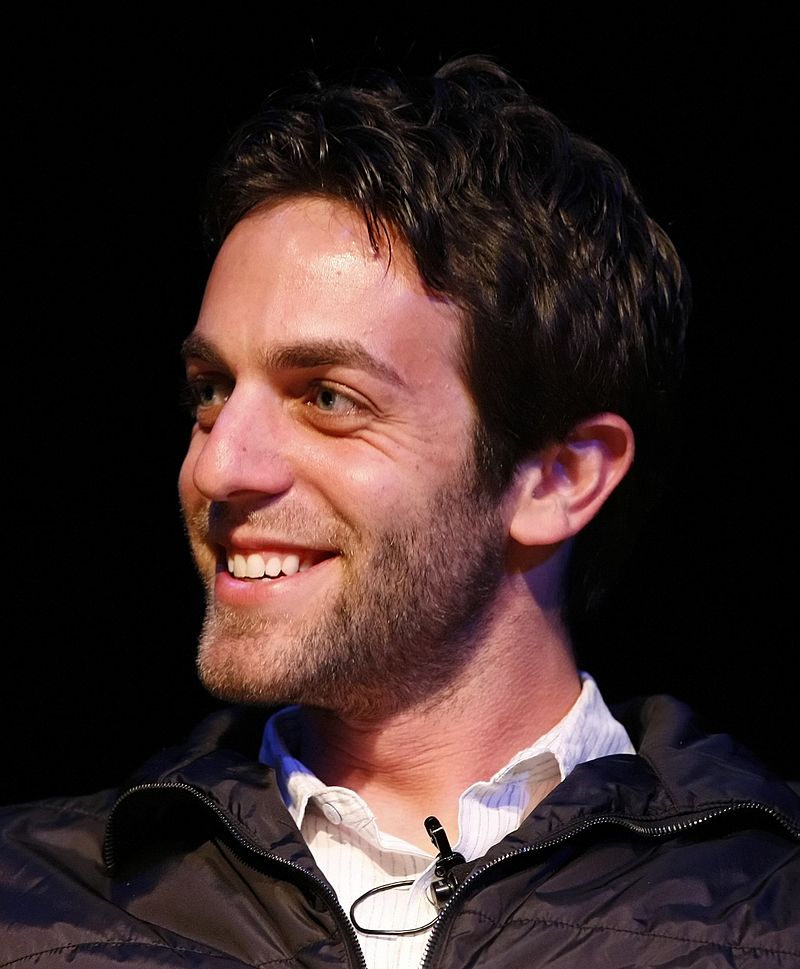 author
authorDiscover the Best Books Written by Peter Heller
Peter Heller is a longtime contributor to NPR, and a former contributing editor at Outside Magazine, Men’s Journal, and National Geographic Adventure. He is an award-winning adventure writer and the author of four books of literary nonfiction. He lives in Denver. Heller was born and raised in New York. He attended high school in Vermont and Dartmouth College in New Hampshire, where he became an outdoorsman and whitewater kayaker. He traveled the world as an expedition kayaker, writing about challenging descents in the Pamirs, the Tien Shan mountains, the Caucuses, Central America, and Peru.
He was the first man, with a Kiwi paddler named Roy Bailey, to kayak the Muk Su River in the High Pamirs of Tajikistan. The river was known as the Everest of Rivers in the Soviet Union, and the last team that had attempted it lost five of their eleven men. The run was 17 days of massive whitewater through a canyon inhabited by wolves and snow leopards. At the Iowa Writers’ Workshop, where he received an MFA in fiction and poetry, he won a Michener fellowship for his epic poem “The Psalms of Malvine.” He has worked as a dishwasher, construction worker, logger, offshore fisherman, kayak instructor, river guide, and world-class pizza deliverer.
Some of these stories can be found in Set Free in China, Sojourns on the Edge. In the winter of 2002, he joined the ground team, the most ambitious whitewater expedition in history as it made its way through the treacherous Tsangpo Gorge in Eastern Tibet. He chronicled what has been called The Last Great Adventure Prize for Outside and in his book Hell or High Water: Surviving Tibet’s Tsangpo River. The gorge — three times deeper than the Grand Canyon — is sacred to Buddhists and is the inspiration for James Hilton’s Shangri La.
It is so deep there are tigers and leopards at the bottom and raging 25,000-foot peaks at the top, and so remote and difficult to traverse that a mythical waterfall, sought by explorers since Victorian times, was documented for the first time in 1998 by a team from National Geographic. The book won a starred review from Publisher’s Weekly, was number three on Entertainment Weekly’s “Must List” of all pop culture, and a Denver Post review ranked it “up there with any adventure writing ever written.”
In December 2005, on assignment for National Geographic Adventure, he joined the crew of an eco-pirate ship belonging to the radical environmental group the Sea Shepherd Conservation Society as it sailed to Antarctica to hunt down and disrupt the Japanese whaling fleet. The ship is all black, sails under a jolly Roger, and two days south of Tasmania, the engineers came on deck and welded a big blade called the Can Opener to the bow—a weapon designed to gut the hulls of ships.
In The Whale Warriors: The Battle at the Bottom of the World to Save the Planet’s Largest Mammals, Heller recounts fierce gales, forty-foot seas, rammings, near-sinkings, and a committed crew’s clear-eyed willingness to die to save a whale. Simon and Schuster’s Free Press published the book in September 2007. In the fall of 2007, Heller was invited by the team who made the acclaimed film The Cove to accompany them in a clandestine filming mission into the guarded dolphin-killing cove in Taiji, Japan.
Heller paddled into the inlet with four other surfers while a pod of pilot whales was being slaughtered. He was outfitted with a helmet cam, and the terrible footage can be seen in the movie. The Cove went on to win an Academy Award. Heller wrote about the experience for the Men’s Journal.
Best author’s book





















